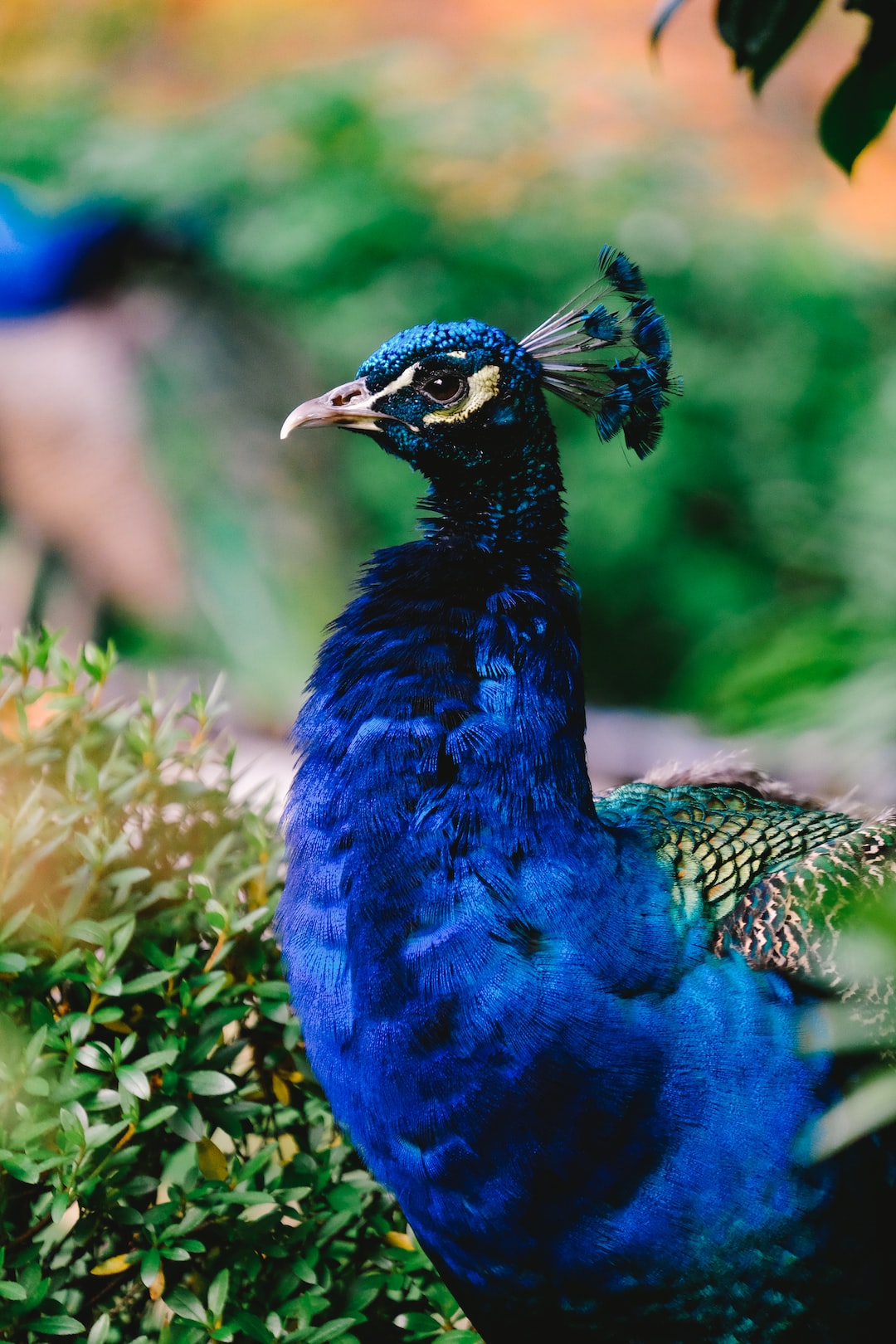Title: The Power of Animal Instincts: How They Adapt and Survive in the Wild
Introduction:
In the vast and unpredictable wilderness, survival is the ultimate challenge that animals face every day. While some rely on strength and speed, others harness the incredible power of their instincts. Animal instincts, shaped over millions of years of evolution, play a critical role in their adaptation and ability to thrive in diverse environments. This blog post explores the awe-inspiring ways in which animals utilize their innate instincts to navigate the wild successfully.
1. Understanding Animal Instincts:
Animal instincts are genetically inherited behaviors that allow animals to respond rapidly and instinctively to environmental stimuli. These instincts are deeply ingrained within them, resulting from a combination of genetic predisposition and learned behaviors passed down through generations. By honing their instincts, animals are better equipped to survive in ever-changing habitats.
2. Survival Instincts:
In the wild, the most basic and crucial instinct is the survival instinct. This instinct directs animals to feed, find shelter, and reproduce, ensuring the continuation of their species. Examples of survival instincts include hunting and foraging techniques, defensive mechanisms to ward off predators, and the ability to adapt to new surroundings.
3. Adaptation through Instincts:
Animals constantly adapt to their environment, and instincts play a pivotal role in enabling them to do so. Instinctual adaptations can manifest in various ways, such as physical attributes, camouflage, or seasonal migration. The Arctic fox, for instance, boasts a white coat during winter to blend seamlessly into the snow-covered landscape, providing them with a heightened advantage in hunting prey.
4. Social Instincts:
Many animals, particularly those that live in groups, exhibit social behaviors controlled by instincts. These instincts dictate their interactions within their community, establishing hierarchies, division of labor, and reproductive patterns. By cooperating with their peers, animals develop synergies that enhance their chances of survival. This can be seen in the intricate social systems of ants, bees, and meerkats, where each member plays a specific role to ensure the well-being of the group.
5. Parental Instincts:
Parental instincts are evident across multiple species. Female animals instinctively know how to care for and protect their offspring, often teaching them vital survival skills. For example, lioness mothers teach their cubs how to hunt and communicate, preparing them for independence. These parental instincts ensure that future generations possess the knowledge necessary to navigate the wild successfully.
6. Instinctual Navigation and Migration:
Migratory animals rely on instinctual navigational abilities to journey incredible distances to find suitable habitats and food sources. Birds, for instance, utilize an internal compass to navigate using celestial cues, magnetic fields, and landmarks. This extraordinary instinctual navigation allows them to undertake long, arduous migrations with precision.
7. Intuition and Survival:
In addition to specific instincts, animals possess an intuitive understanding of their environment. They can predict changes in weather, the presence of predators, or scarce food sources. By remaining attuned to their surroundings, animals can instinctively respond to potential dangers and act accordingly to ensure their survival.
Conclusion:
The power of animal instincts is truly remarkable, enabling them to adapt and thrive in the wild. Whether it’s survival instincts, adaptation through instinctual behaviors, social instincts, or parental instincts, animals employ their innate abilities to navigate unpredictable environments successfully. By harnessing these ancient instincts, animals demonstrate incredible resilience and serve as a testament to the beauty of nature’s design. To fully appreciate and conserve the diversity of life on our planet, it is crucial to recognize and respect the power of animal instincts.

